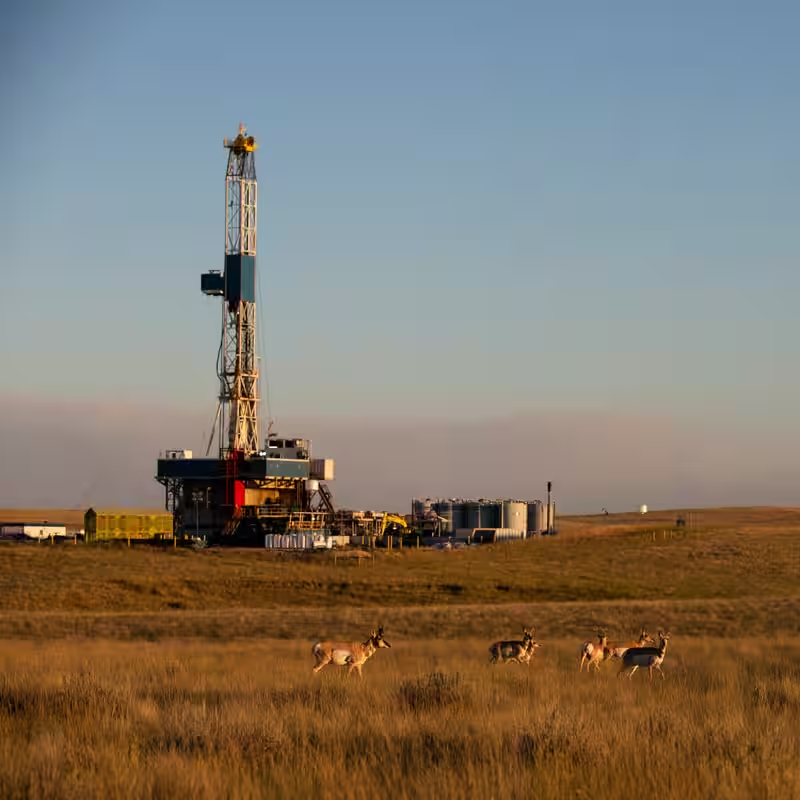The U.S. government is officially shut down. Federal parks are closed, passport applications are on ice, and thousands of public servants are furloughed without pay. Yet, in a move that has drawn sharp criticism from environmental groups and government watchdogs, one critical function remains fully operational: the approval of new fossil fuel projects.
Business as Usual for Big Oil
While most non-essential government services have ceased, the Trump administration has made a clear exception for the oil, gas, and mining industries. Federal workers responsible for issuing permits for these operations have been deemed “essential” and remain on the job . This means that while a family’s national park vacation is canceled, new oil wells can be drilled and new mines can be opened.
The Department of the Interior, which oversees much of the nation’s public lands and energy resources, is furloughing roughly half of its 58,600 employees. However, it has explicitly stated that permitting for fossil fuel projects will continue uninterrupted . This selective continuity highlights a stark policy priority from the current administration.
Rolling Back Regulations in Real-Time
It’s not just about new permits. The shutdown period is also being used to advance the administration’s broader deregulatory agenda. Reports indicate that staff are actively working to repeal existing pollution limits, including rules that cap air toxics and greenhouse gas emissions from power plants . This dual-track approach—expediting new projects while dismantling old safeguards—has created a perfect storm for environmental advocates.
The administration’s plans also signal a definitive pivot away from renewable energy. Recent internal documents reveal a hardened focus on promoting fossil fuel development, particularly offshore oil and gas, while deprioritizing investments in wind and other low-carbon technologies .
A Tale of Two Governments
This selective operation of government services raises fundamental questions about what is truly “essential.” For many Americans, the closure of national parks or the delay in veteran services represents a tangible loss. For the fossil fuel industry, however, the government is not just open for business—it’s running on a fast track.
Here’s a quick look at the contrast:
| Service | Status During Shutdown |
|---|---|
| National Park Access | Closed |
| Passport Processing | Delayed |
| Veteran Benefit Applications | Limited/Backlogged |
| Fossil Fuel Permitting | Fully Operational |
| Environmental Regulation Rollbacks | Actively Progressing |
What This Means for the Future
The long-term implications of this policy are significant. By continuing to greenlight carbon-intensive projects during a period of national fiscal crisis, the administration is locking in decades of future emissions. Critics argue this not only exacerbates the climate crisis but also represents a massive subsidy to a single industry at a time when the entire government is supposed to be conserving resources .
As the shutdown continues, the world is watching to see if this is a temporary anomaly or a permanent redefinition of government priorities. One thing is certain: for the fossil fuel industry, the government has never been more open for business.
Sources
- E&E News: Trump Administration Prioritizes Oil Permits Amid Shutdown
- E&E News: How the shutdown is roiling climate programs at 6 agencies
- E&E News: Shutdown hardens Interior offshore plan promoting fossil
- Reuters: Trump Keeps Oil Permits Moving in Shutdown
- Sierra Club: Trump EPA Reportedly Plans to Unveil Damaging Proposals




